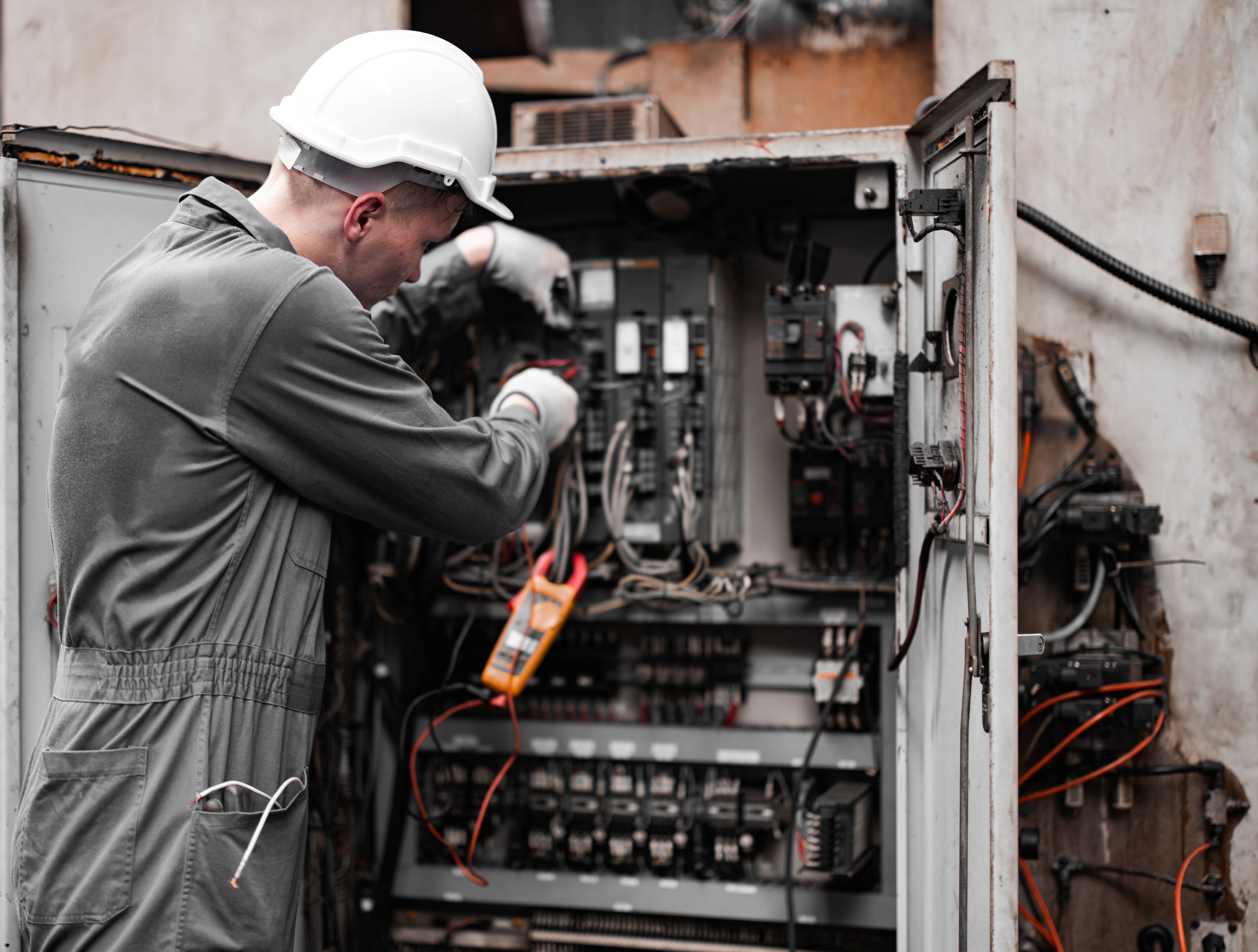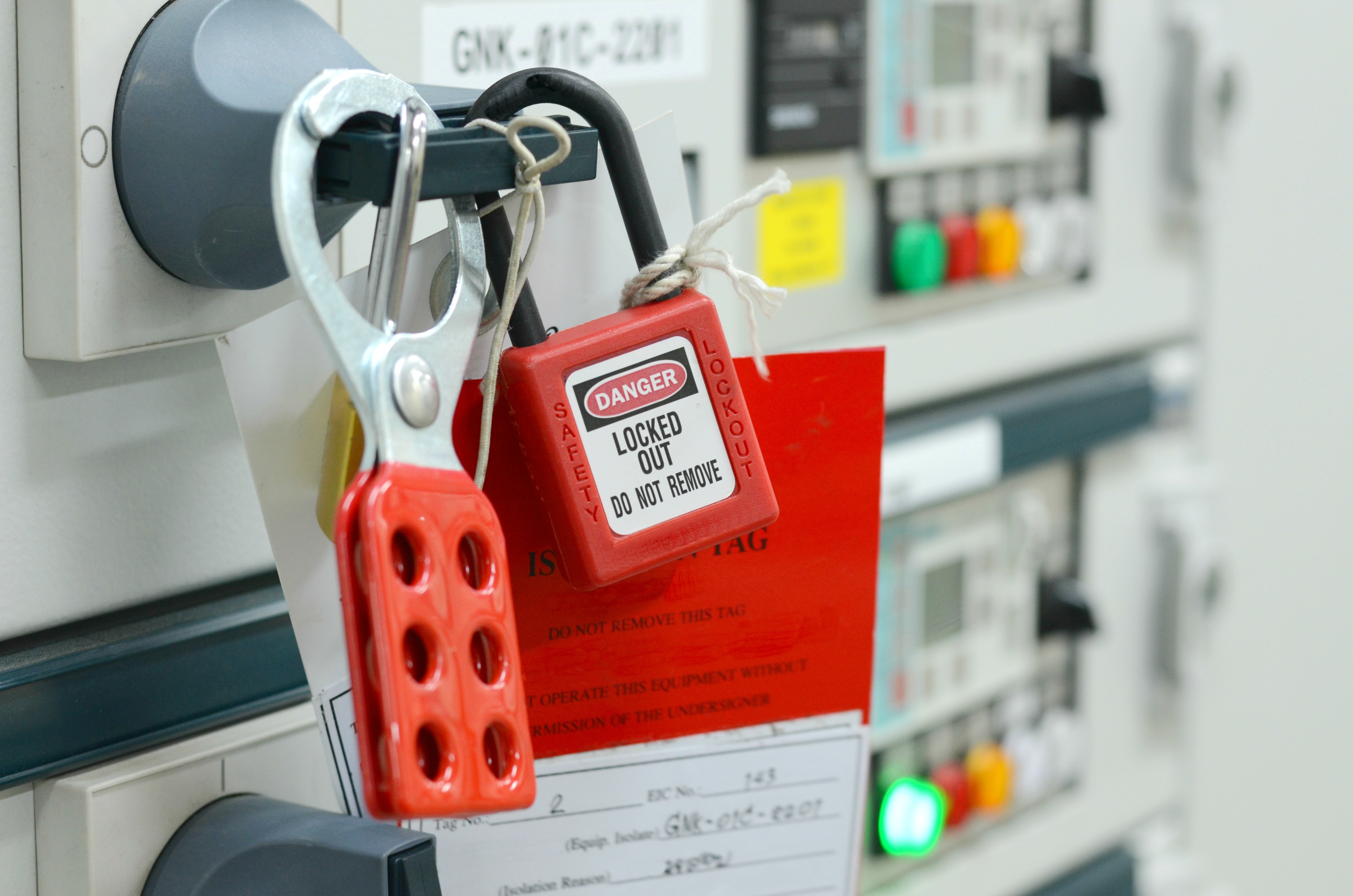
Electricity is a vital but unforgiving force in the workplace. Electrocution is consistently a top cause of worker fatalities and is recognized by federal safety officials as one of the "Fatal Four" most critical hazards. Beyond the risk of death, electrical incidents often lead to severe burns, arc flash injuries, and secondary falls from heights. Maintaining a safe workplace requires a deep understanding of how to control electrical energy and protect employees from accidental contact with energized parts.
The foundation of electrical safety lies in following federal wiring and protection standards, specifically 29 CFR 1910 Subpart S for General Industry and 29 CFR 1926 Subpart K for Construction.

Key requirements include ensuring that all electrical equipment is used according to its listing and labeling, maintaining proper clearances around electrical panels, and implementing a rigorous Lockout/Tagout (LOTO) program to de-energize equipment before maintenance.
Federal law mandates specific training for both "qualified" and "unqualified" employees based on their risk of exposure. Qualified workers must be trained in safety-related work practices, including the skills to distinguish exposed live parts and determine nominal voltage. Meanwhile, unqualified workers—such as those operating machinery or performing maintenance nearby—must be trained to recognize electrical hazards and maintain safe approach distances to prevent accidental contact with energized circuits.
By adhering to these comprehensive training requirements and safety protocols, you can significantly reduce the risk of catastrophic accidents in your Colorado business. Empowering your team to "say something" when they spot a frayed cord or an unsecured panel fosters a culture of vigilance.
Pinnacol's Safety Consultants are here to help you. To request a Safety Service visit or if you simply have a safety-related question, please complete our Contact Us form and one of our Safety Consultants will respond within two business days.
Energized electrical work permit

To learn more or to request enrollment, check out our Safety Education Online page.